One of the things I find fascinating in historical fiction is when real people’s stories are interwoven into the plot. There’s always an element of parsing fact from fiction when it comes to historical tales, and I particularly love discovering which elements of a story are accurate and which are of the author’s own invention. One subgenre of historical fiction which particularly leans into that fine line between fact and fiction is biographical historical fiction, or fictional accounts of real people.
There can be a lot of variation in how closely they align to the real lives that these people lived, with made up dialogue and narrative being added to create a story (this isn’t nonfiction, after all). And speculation is sometimes even more necessary with historical figures we have less evidence and first-hand accounts about (see: I, Tituba below). But regardless, these fictionalized biographies give us a fascinating glimpse into the lives of historical figures we might only know from high school history books, or perhaps even not at all.

Fever by Mary Beth Keane
Mary Mallon was a courageous woman, an immigrant from Ireland who worked hard to climb up from the lowest rungs of domestic service into a role as a cook after discovering an uncanny skill in the kitchen. But you probably only know her as Typhoid Mary. There’s good reason for that, considering Mallon left a trail of disease in her wake. But there’s more to her story than that, and in Fever, Mary Beth Keane uncovers it alongside a fascinating look into the scientific breakthrough discovery of “asymptomatic carriers” of disease.
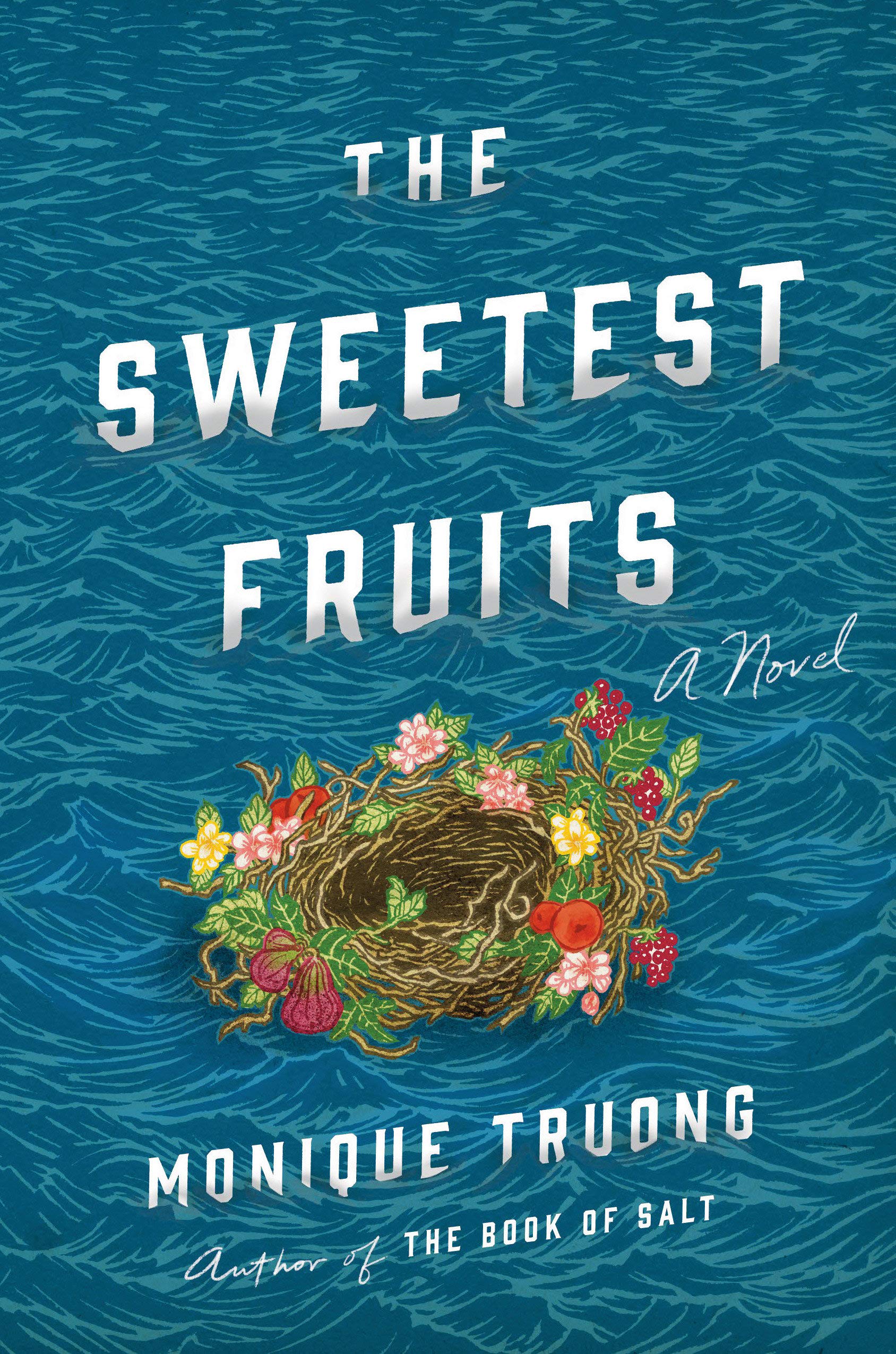
The Sweetest Fruits by Monique Truong
In this book about the life of Greek-Irish writer Lafcadio Hearn, it’s the women in his life telling the story. From the tragic life of a mother forced to leave behind her son to the daughter of a former samurai who would eventually become his wife and literary collaborator. It’s the story of a migratory author whose writing about Japan offered the Western world a glimpse into a culture that was largely unknown to them, but also the women in his life who long for their own stories to be told.
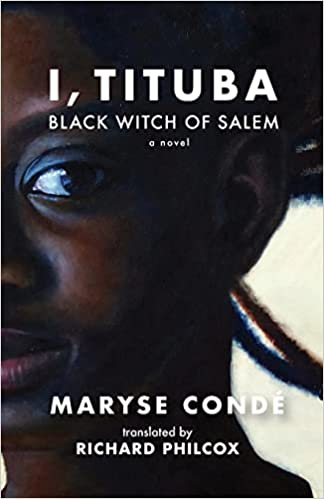
I, Tituba, Black Witch of Salem by Maryse Condé, translated by Richard Philcox
You might recognize the name Tituba as that of the first woman to be accused of witchcraft in Salem, Massachusetts. As an enslaved woman, Tituba’s story has often been relegated to the sidelines, and little is known for certain about her life before she was brough to colonial Massachusetts by puritan priest Samuel Parrish. Maryse Conde breathes life to her story, mixing fact with fiction and reality with the supernatural to finally give Tituba the central story she deserves.
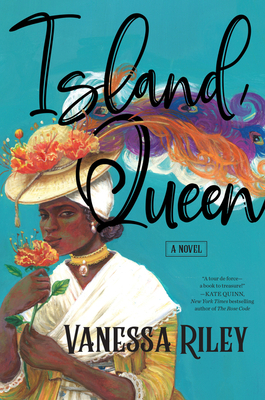
Island Queen by Vanessa Riley
Based on the incredible life of Dorothy Kirwan Thomas, Island Queen tells a sweeping story of survival and entrepreneurialism. Born into enslavement on a small Caribbean island, Dorothy Kirwan Thomas would go on to buy freedom for herself, her sister, and her mother from her Irish slaveholding father. But that is just the beginning of this remarkable woman’s journey that would lead to her becoming one of the wealthiest and most powerful landowners in the colonial West Indies.
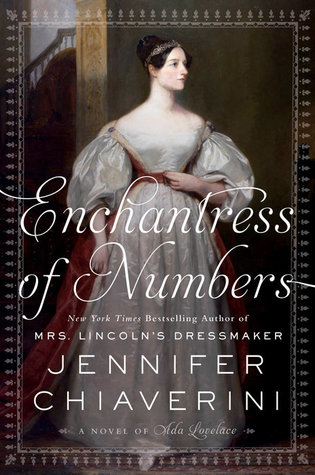
Enchantress of Numbers by Jennifer Chiaverini
I’ve always been fascinated by Ada Lovelace, daughter of infamous British poet Lord Byron and a mathematician mother, who would go on to become the foremother of computer programming. So no surprise, then, that a biographical historical fiction novel about her would be of interest to me. Ada Lovelace lived a truly fascinating life, from her mother’s attempts to keep her firmly away from anything that might spark the creativity of her Byron heritage to her introduction to Charles Babbage and his fascinating Difference Engine. It’s a deep dive into an extraordinary woman’s all too short life.
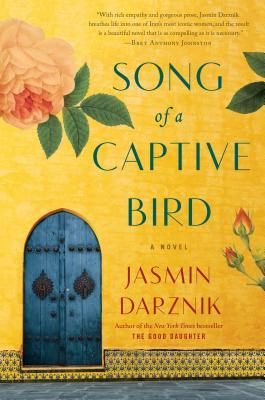
Song of a Captive Bird by Jasmin Darznik
In the summer of 1950 in Iran, a young poet named Forugh Farrokhzhad begins to find her voice as a writer, even as tradition would try to hold her back. Farrokhzhad flees a suffocating marriage for an affair with a filmmaker, choosing to live her own life by her own rules, even as she is both uplifted and vilified for it. And as the Iranian Revolution causes upheaval across the country, Forugh Farrokhzhad uses the power of her poetry to inspire generations.
Don’t forget you can get three free audiobooks at Audiobooks.com with a free trial!
MORE FROM AROUND THE WEB:
How Monique Truong’s The Sweetest Fruits exhumes writer Lafcadio Hearn.
That’s it for now, folx! Stay subscribed for more stories of yesteryear.
If you want to talk books (historical or otherwise), you can find me @rachelsbrittain on Instagram, Goodreads, Litsy, and occasionally Twitter.
Right now I’m reading The Dark Queens by Shelley Puhak. What about you?